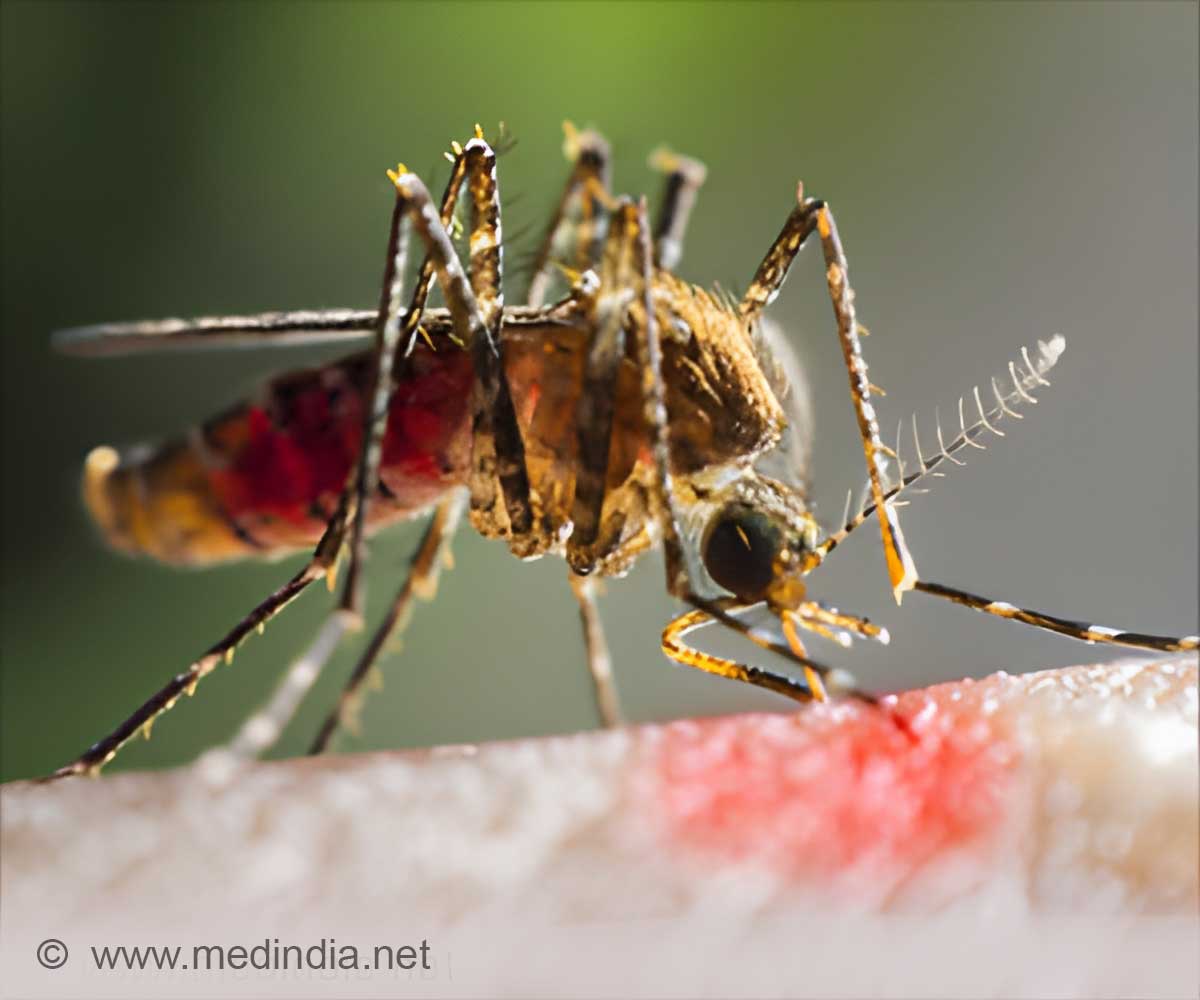A Brazilian specialist has warned that developing vaccines against the Zika virus would take at least three years.

‘While global health experts agreed that efforts should focus on developing Zika vaccines, a Brazilian expert warned that doing so would take at least three years.’





Experts have agreed that efforts should focus on developing vaccines particularly for women of child-bearing age, as well as on creating accurate diagnostic tests and innovative vector control tools to reduce mosquito populations, the World Health Organization said. WHO's deputy director for health systems and innovation Marie-Paule Kieny told reporters work was under way to develop an emergency vaccine 'product profile' to help stake out regulatory requirements and help guide developers.
Kieny said, "The final profile should be ready in May 2016, but developing a usable vaccine would take much longer. Vaccine development is still at an early stage and the most advanced candidates are still months away from entering early human clinical trials."
"It is therefore possible that vaccines may come (too) late for the current Latin American outbreak," she said, stressing though that the development of a vaccine remains an imperative."
WHO said that 18 companies and research institutes were currently working on Zika vaccines. None have been tested on humans.
Advertisement
Next week, the WHO is set to convene a meeting of the world's top experts on vector control to determine if a range of radical new methods could also be safely and efficiently used against the Aedes aegypti mosquitos carrying Zika.
Advertisement
WHO advised pregnant women not to travel to areas affected by the Zika outbreak, amid mounting evidence the virus causes birth defects.
Source-AFP










